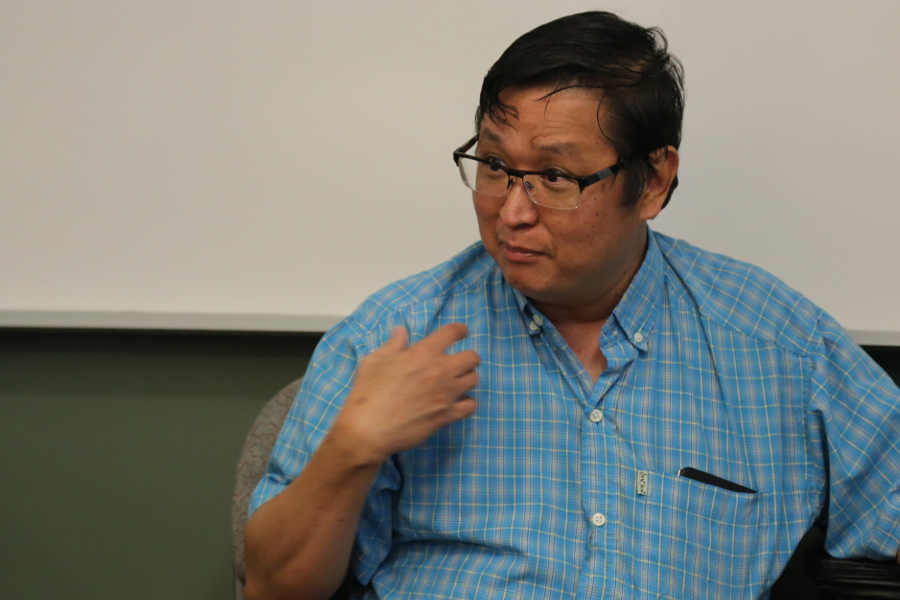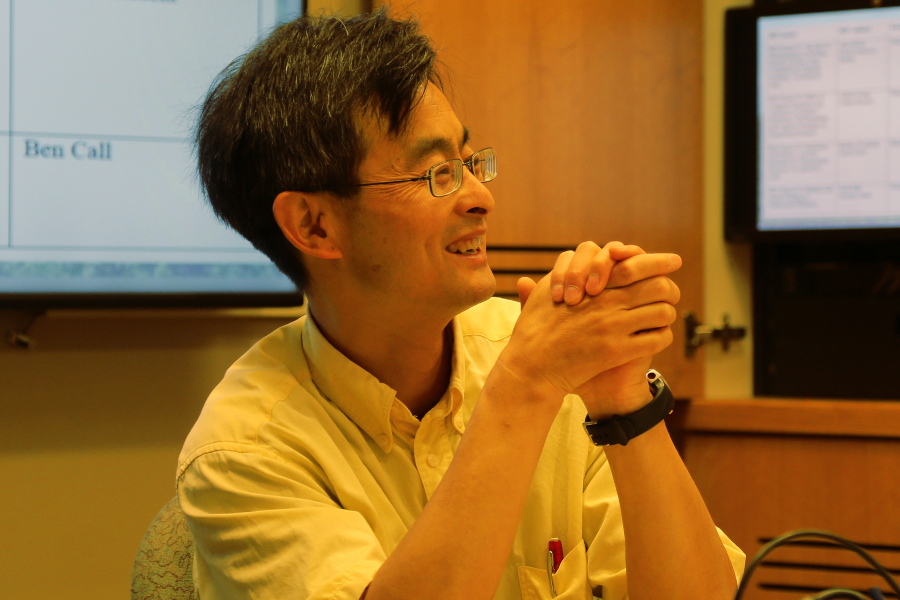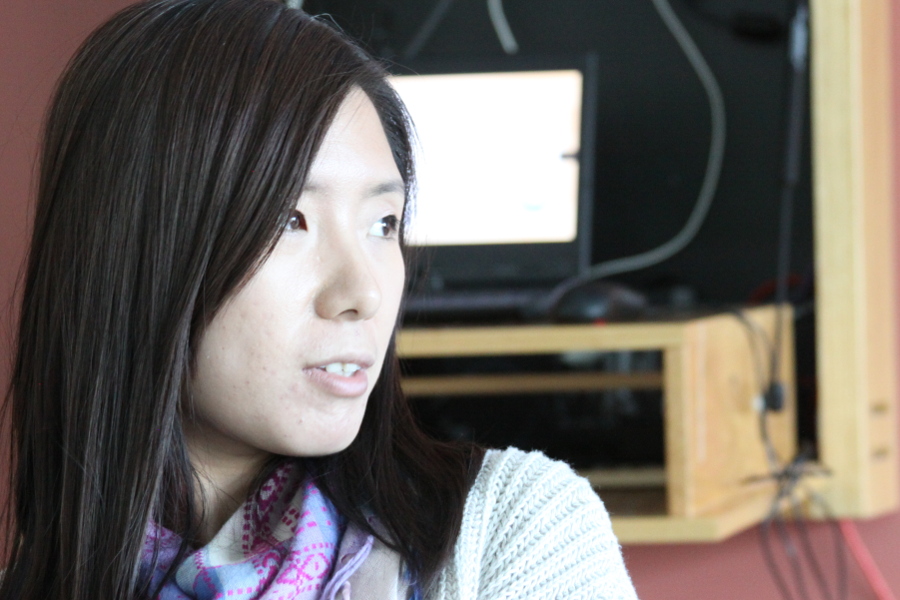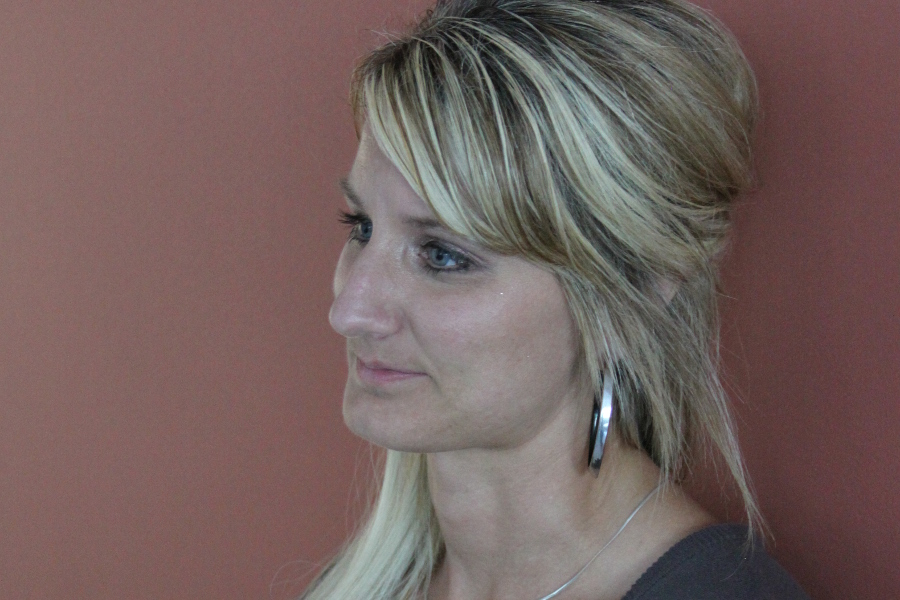2014 REU Students
(June 09 - August 15, 2014)
~ the best eight out of eighty six applicants ~
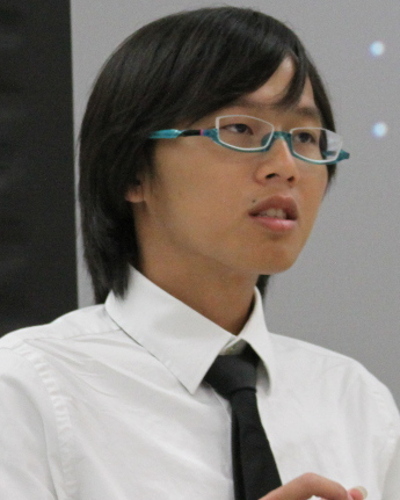
Bao The Pham
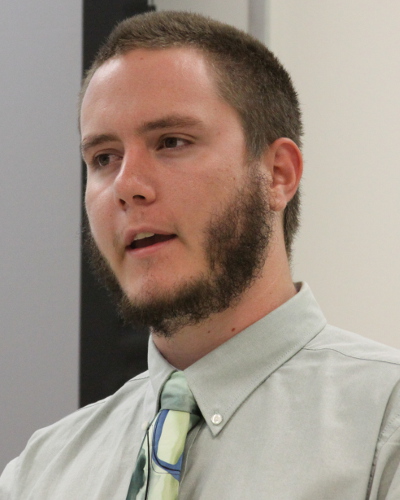
Cory James Ortiz
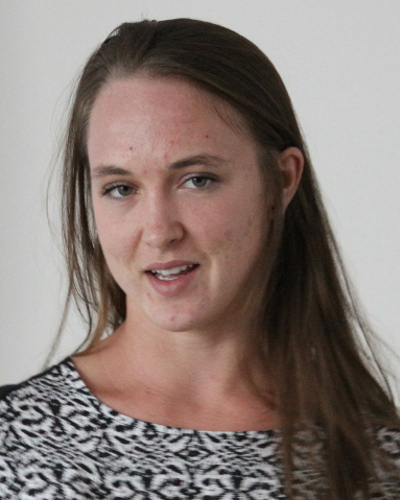
Alexandra Burns Abate
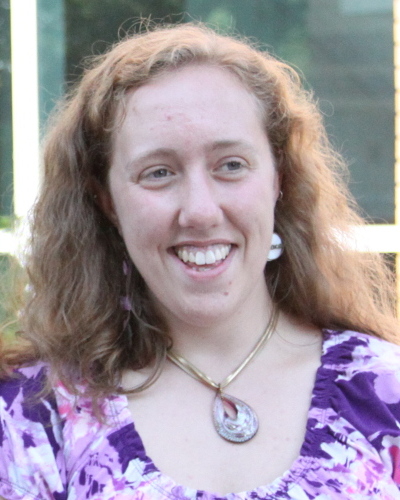
Katie Bethany Spendlow
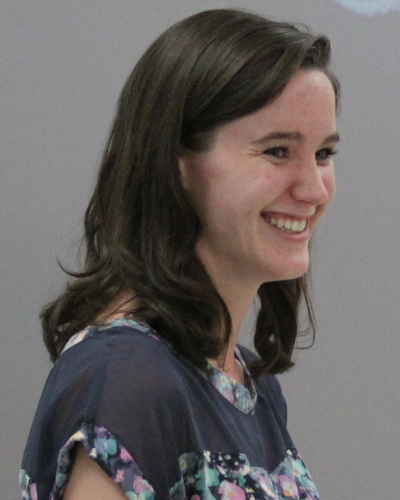
Deborah Rose Donaldson
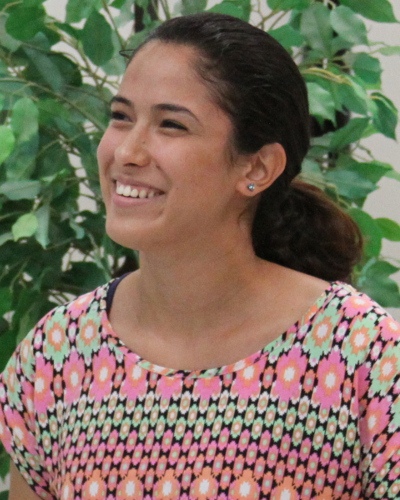
Siham Elmali
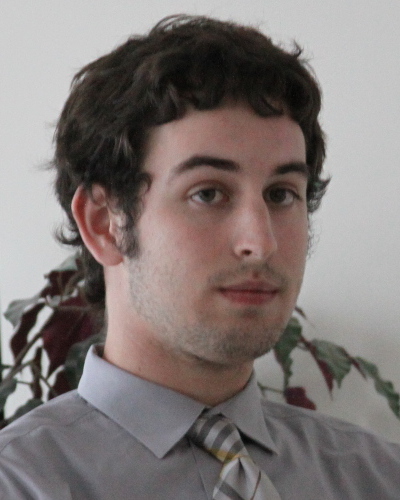
David Patrick Reeping
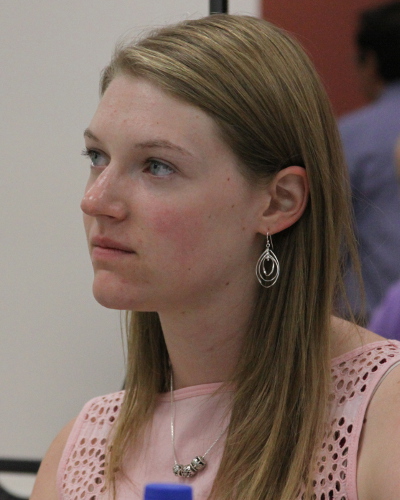
Molly R. Herman
Students' Origin
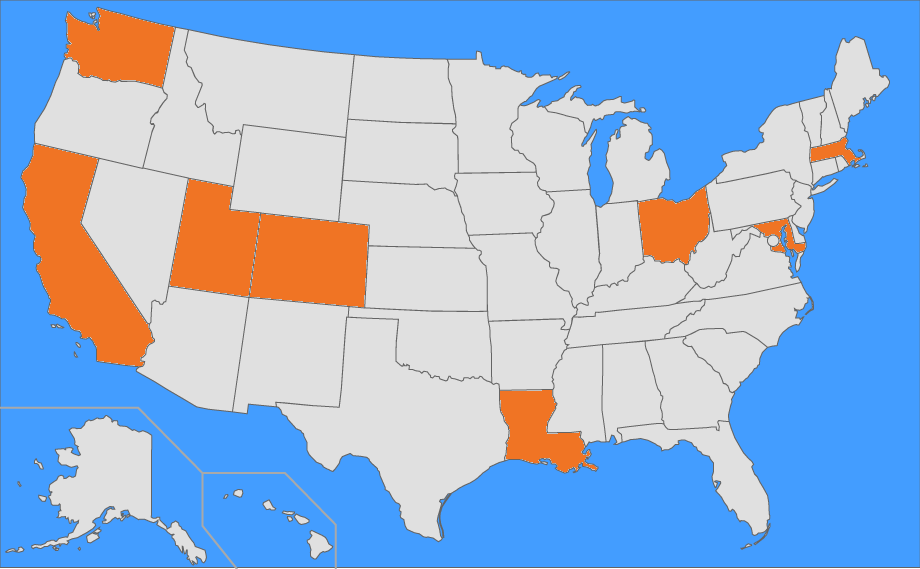
Activities in a Glimpse
On a typical day, students were either reading articles, having a discussion, or working on their research. At the end of the week, students were required to fill weekly reflection and attend the debriefing session. Some exceptions are listed bellow. Additionally, each Research Team has their own schedule.
Jun 09
Students' Check In and First Meeting
Filling up paper works and have a glimpse of the REU activities and research projects.
Campus and Office Tour
Moe (graduate mentor) was there to help you getting familar with USU Logan-campus and office area.
Jun 10
First Research Group Meeting
Meeting of the research group to make plan for the rest of the weeks.
Movie Time: Extreme Measure
Learning about the important of ethical issues in human research.
Focus Group Interview Part 1
Tell us about you!
Jun 11
Everything about Institutional Review Board (IRB)
Institutional Review Board (IRB) online training and certification.
Jun 12
Seminar: Self-Regulated Learning: What is it?
Attend Dr. Lawanto's (faculty mentor) presentation and ask a lot of questions.
Jun 20
Seminar: Responsible Research
Attend Dr. Hailey's (faculty mentor) presentation and ask a lot of questions.
Jun 27
Seminar: Curriculum and Research: Developing an Educational Research Question
Attend Dr. Fang's (faculty mentor) presentation and ask a lot of questions.
Jul 02
Seminar: Mixed Methods Research Methodologies with Emphasis on Qualitative Method”
Attend Dr. Becker's (faculty mentor) presentation and ask a lot of questions.
Jul 10
Formative Assessment
Formative assessment with Dr. Lubke and Andreas and Pres (graduate mentors).
Jul 11
Seminar: Educational Data Analysis with SPSS
Attend Dr. Fang's (faculty mentor) presentation and ask a lot of questions.
Aug 07
Research Group Presentation
Tell me everything: your research approaches/results; what you learned.
Aug 08
Summative Assessment
Summative assessment with Dr. Lubke and Andreas and Pres (graduate mentors).
Focus Group Interview Part 2
Tell us about your experiences!
Farewell Dinner
It is time to say good bye!
Aug 15
Final Research Report
Send your final report (word format) by email to your faculty mentor.
Mentors and Staff

Christine Hailey, PhD
Faculty Mentor

Andreas Febrian
Graduate Mentor
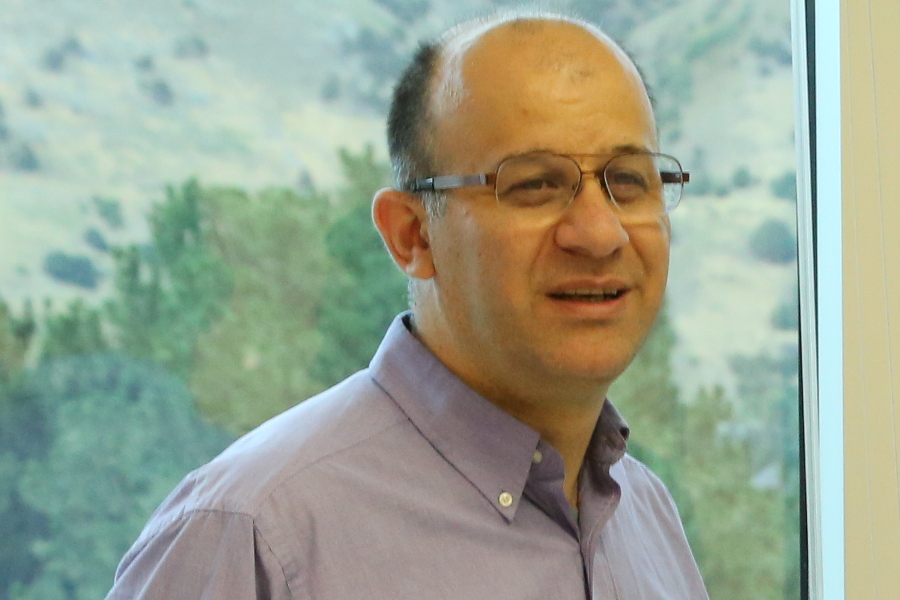
Seyedmohammad (Moe) Tajvidi
Graduate Mentor
Research Projects
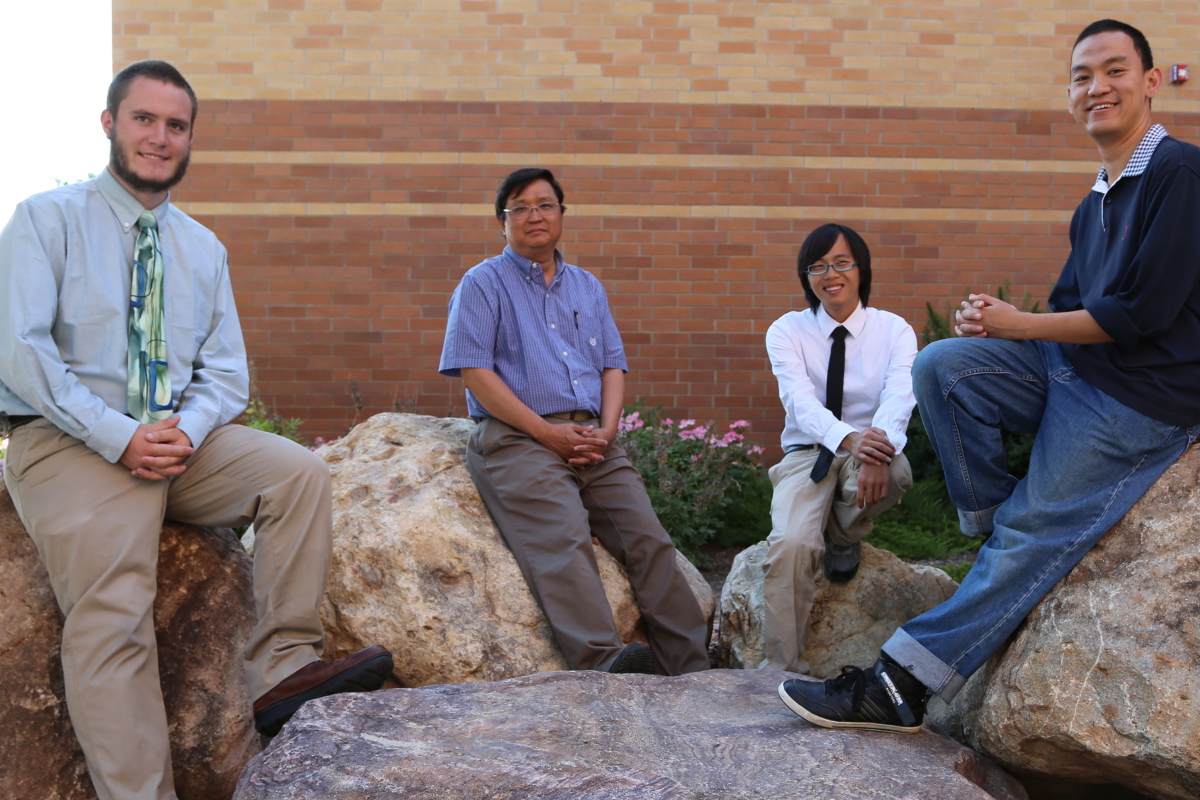
#1 - Development of A Self-Regulation Survey Instrument for Problem Solving in Engineering: An Exploratory Mixed-Methods Design
This research will provide REU students a real experience of how to conduct engineering education research and a deeper understanding of self-regulation in engineering contexts. When confronted with a problem or task, a learner usually begins with generating thoughts, feeling, and actions to attain the best solution to that problem. The self-generated thoughts, feeling, and actions are called self-regulated learning. Numerous studies suggest that SRL is a significant predictor of a learner's academic performance. The goal of this research is to develop a research tool to study student SRL and describe SRL activities while students engaged in problem-solving activities. It will be conducted by using an exploratory mixed-methods design. Butler and Cartier's Self-Regulated Learning model will be used as the self-regulation framework.
Problem-solving skills are one of the core competencies in which engineers are expected to be skillful. Because problems in engineering design or learning activities are mostly available in ill-structured formats, it is essential to train the students how to use, improve, and be aware of their self-regulated learning skills. Tools to assess the student's self-regulated learning skills while engaged in problem-solving activities become an essential component in understanding students' SRL skills. Numerous instruments were developed for classroom learning and problem-solving in science and mathematics. However, the instruments developed to assess self-regulation in engineering problem-solving activities are still limited, specifically in the classroom learning environment. A multi-method approach that will gather multiple forms of data and utilize quantitative and qualitative analysis is suggested for use in the assessment of these skills.
Researcher
- Bao The Pham (Louisiana State University)
- Cory James Ortiz (Utah State University)
- Andreas Febrian (Graduate Mentor)
- Oenardi Lawanto, PhD (Faculty Mentor)
Activities
- Reading background literature
- Refining data collection instrument
- Collecting data
- Video transcribing
- Thematic coding
- Developing survey instrument
- Presenting research process and results
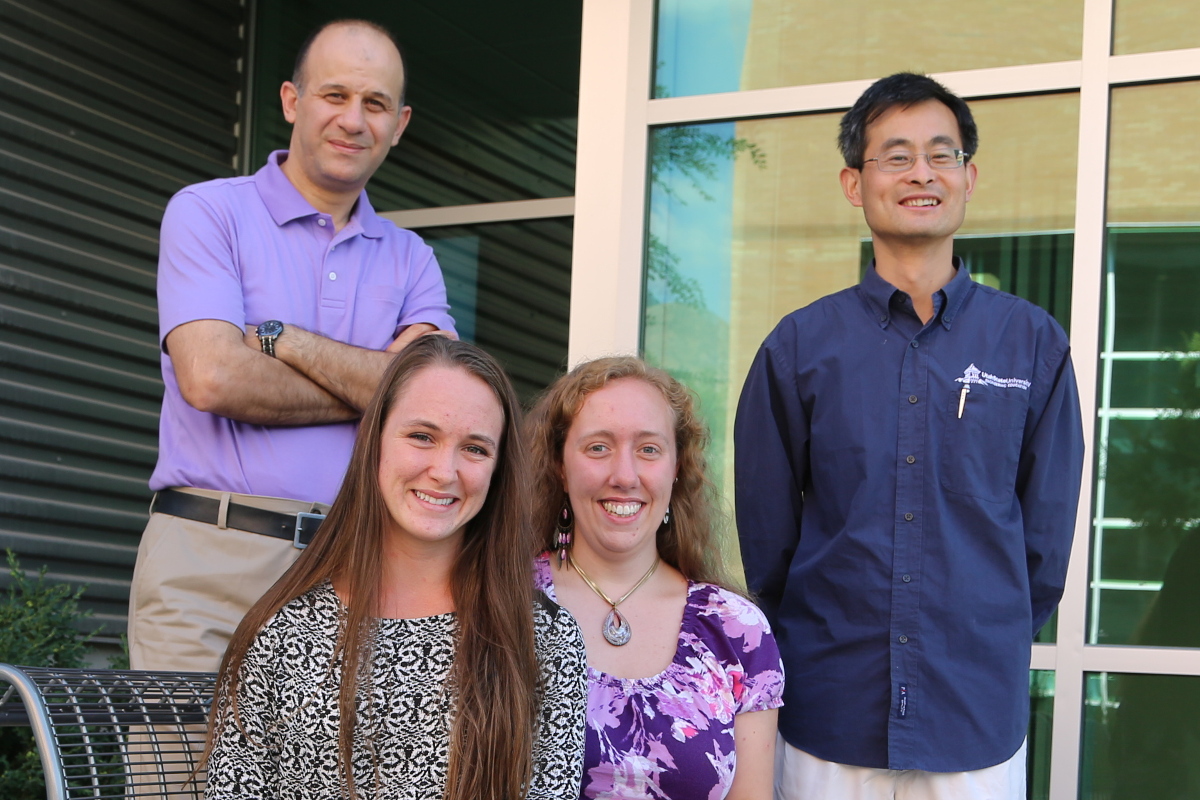
#2 - Effect of Computer Simulation and Animation on Students' Motivation, Self-Regulating, and Cognitive Strategies in Engineering Dynamics
The research focuses on a particular computer simulation and animation (CSA) learning module on the Principle of Work and Energy, which was particularly designed for engineering dynamic, a foundational yet difficult undergraduate engineering course. The overall goal is to study the effect of computer simulation and animation (CSA) on students' metacognitive knowledge and strategies in engineering dynamics. The research has the following two research questions: What metacognitive knowledge do students use in solving engineering dynamics problems with a computer simulation and animation module? How do computer simulation and animation modules affect the metacognitive knowledge and skills of students in solving engineering dynamics problems? REU students, working in a pair under a graduate student mentor and a faculty mentor, to conduct qualitative research including data collection, transcription, coding, and analysis.
Researcher
- Alexandra Burns Abate (Seattle Pacific University)
- Katie Bethany Spendlow (Colorado State University)
- Seyedmohammad (Moe) Tajvidi (Graduate Mentor)
- Ning Fang, PhD (Faculty Mentor)
Activities
- Reading background literature
- Refining data collection instrument
- Collecting data
- Video transcribing
- Thematic coding
- Coding categorization
- Presenting research process and results
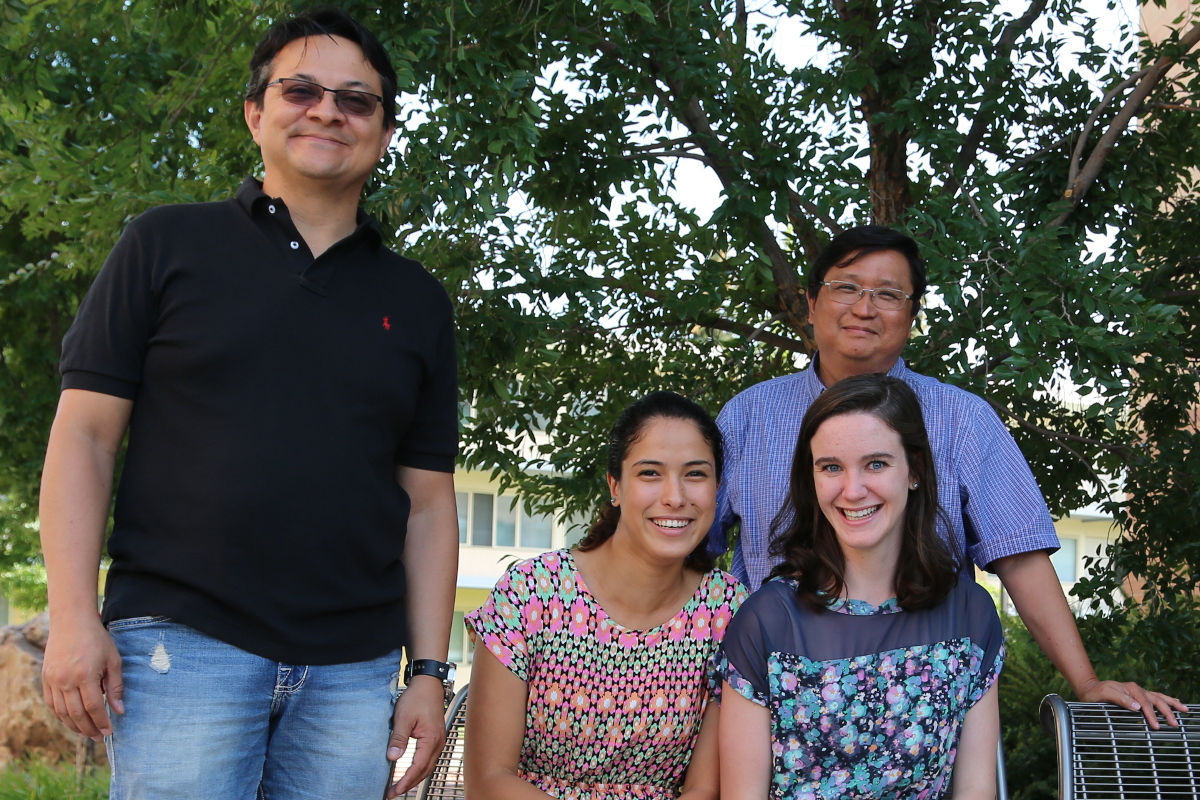
#3 - Exploring Instrument Development to Understand Self-Efficacy, Interest, Perception, Self-Regulating, and Cognitive Strategies Employed by Grades 9-12 Students
The goal of this research is to identify student-oriented activities, within the Mathematics, Engineering, Science Achievement (MESA) program, that have a positive influence on underrepresented students' engineering self-efficacy, interest in engineering, perceptions of engineering, self-regulating, and cognitive strategies while they are engaged in MESA' hands-on activities. The Mathematics, Engineering, Science Achievement (MESA) program is an academic preparation program that supports educationally disadvantaged students by providing pathways for minority students to succeed in science, mathematics and engineering disciplines. MESA was started in 1970 in California and has expanded to seven other states including Utah. Based upon the academic enrichment model, MESA programs have many elements, such as study skills training, hands-on activities, competitions, career and college exploration, and individual academic plans, to name a few.
REU students will learn about the constructs of self-efficacy, interest, perception, self-regulating, and cognitive strategies. Existing data will be used to train REU students on how to conduct education survey research, including planning, sampling, developing the instrument, implementing the survey, reporting and using survey data, and ethical issues in survey research. Statistical analysis will be conducted to analyze the data.
Researcher
- Deborah Rose Donaldson (California Baptist University)
- Siham Elmali (Baltimore City Community College, now at Johns Hopkins University)
- Presentacion Rivera-Reyes, PhD (Graduate Mentor)
- Christine Hailey, PhD (Faculty Mentor)
Activities
- Reading background literature
- Quantitative data analysis
- Statistical tests for significance
- Presenting research process and results
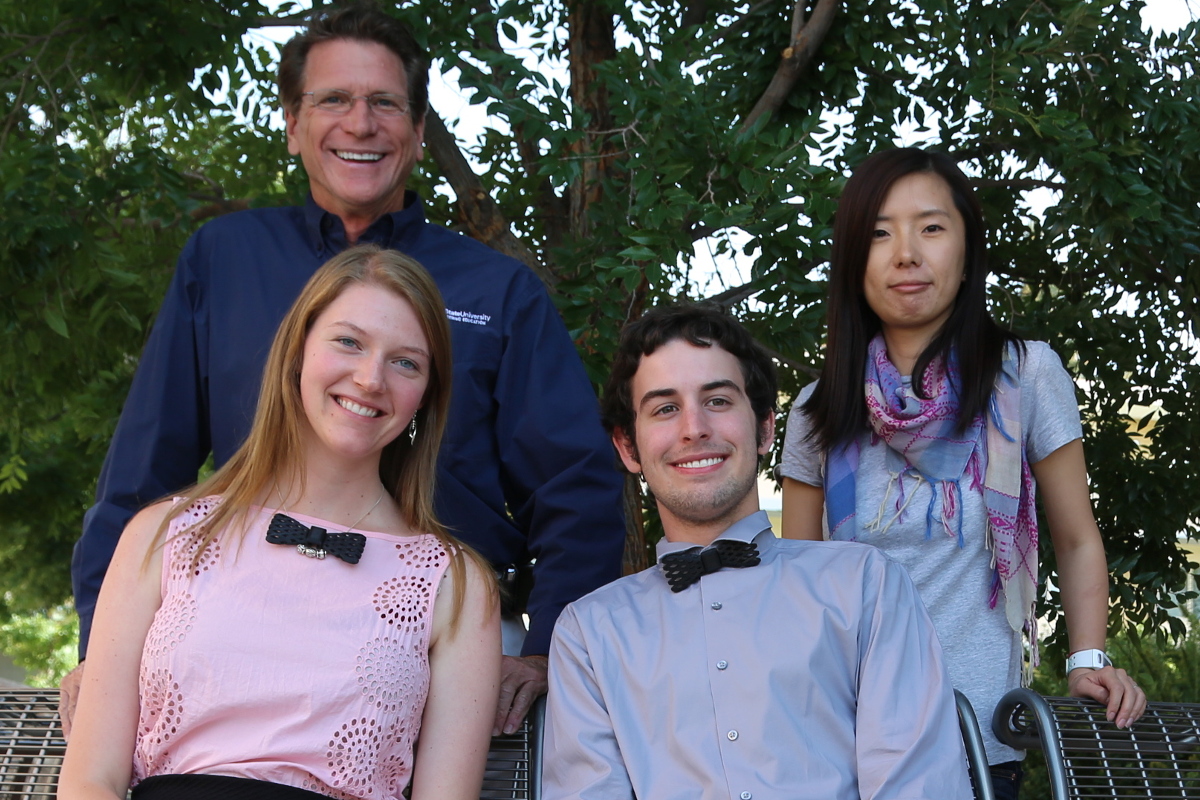
#4 - Exploring Engineering Design Knowing and Thinking as an Integrator for STEM Learning using Metacognitive Self-Regulation Framework
The goal of this research is to develop a deeper understanding of self-regulation in engineering design activities that involve the science, technology, engineering, and mathematics (STEM) learning and teaching environment for high school students. This research is built upon our recent work on using a triangulation mixed methods design to gather multiple forms of data, and utilizing both quantitative and qualitative analysis strategies to understand engineering design thinking among high school students.
REU students will learn the triangulation mixed methods research technique. Existing data collected from high school students will be used as the training dataset. Existing data gathered from an engineering design problem includes video and audio recordings as well as paper artifacts including participant notes and sketches used while developing a solution to the problem. REU students will learn coding methodologies and will be charged with coding the transcribed audio tracks. The metacognitive self-regulation framework will guide the coding process.
Researcher
- David Patrick Reeping (Ohio Northern University)
- Molly R. Herman (Boston University)
- Ting Song, PhD (Graduate Mentor)
- Kurt Becker, PhD (Faculty Mentor)
Activities
- Reading background literature
- Presenting research process and results
Testimonies

Bao Pham (Louisiana State University)
"This project was one of the best learning experiences that I have encountered in my academic career. My previous research experience has been in the field of mathematics. I was dealing with formulas, equations, and theorems. This is the first time that I have worked with human subject and qualitative data. I realized how hard it is to work with human subjects."
Cory James Ortiz (Utah State University)
This project has impacted my life in a variety of positive ways. All of the outcomes from the last ten weeks have reinforced my want to attend graduate school in some type of educational field. Learning so much about SRL has also made me want to incorporate more self-regulating strategies into my own life.


Alexandra Abate (Seattle Pacific University)
"My time spent this summer at Utah State University campus has been filled with many wonderful, incredible, and intelligent people. I have appreciated the experience of spending time with so many people from so many different backgrounds and cultures and with so much to offer. I have gained a new appreciation for the world of academia."
Katie Spendlow (Colorado State University)
"This project has introduced me to qualitative research. I have spent time working with quantitative research in the past, which led me to the decision to pursue research later in my life. However, I only had an interest in the areas quantitative research is capable of exploring; once introduced to qualitative research, I found a passion. Instead of telling a story with numbers and hard data, I can tell the stories of people."


Deborah Rose Donaldson (California Baptist University)
I have learned what the process of research looks like, that it is a cyclical process... I have new understanding of self-efficacy and a deeper understanding of the history purpose and activities of the MESA program. I learned how to work more effectively as a teammate.
Siham Elmali (Baltimore City Community College, now at Johns Hopkins University)
This REU program provided me with the most important tools in the research area from using statistical analysis software (SPSS), coming up with research questions, to interpreting the results of the analysis.


David Reeping (Ohio Northern University)
"In the likely event that I pursue a graduate degree in Engineering Education, I believe that this project has given me vital experience in the field outside of the comfort of my home institution. I had already been certain that I would attend graduate school once I got my first start in this field. Now I believe I'm more confident in that path."
Molly R. Herman (Boston University)
Going into this summer, I knew nothing really about engineering education as a field... Now at the end of the summer I have a firm understanding and respect for this relatively new field that I previously knew nothing about.



